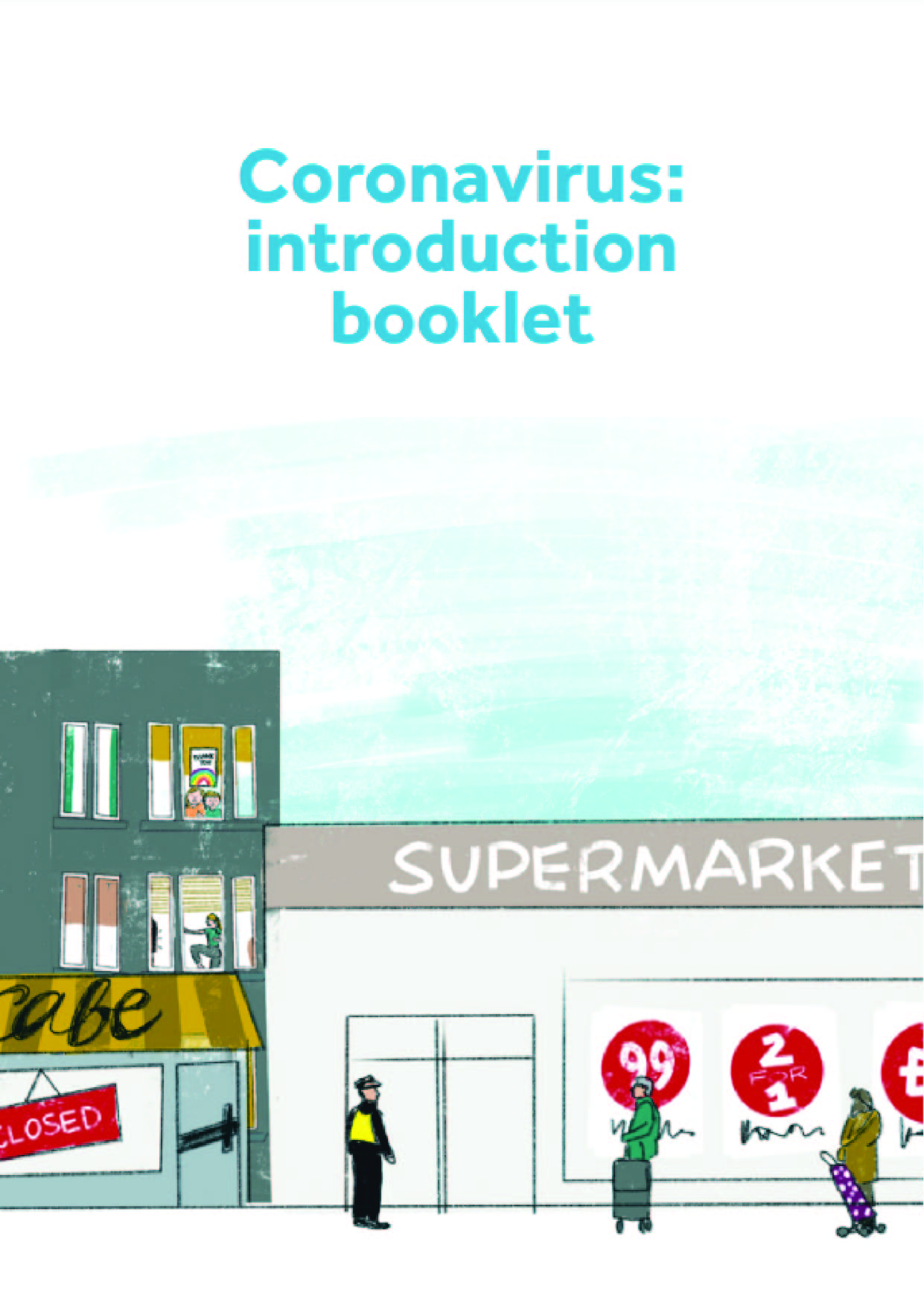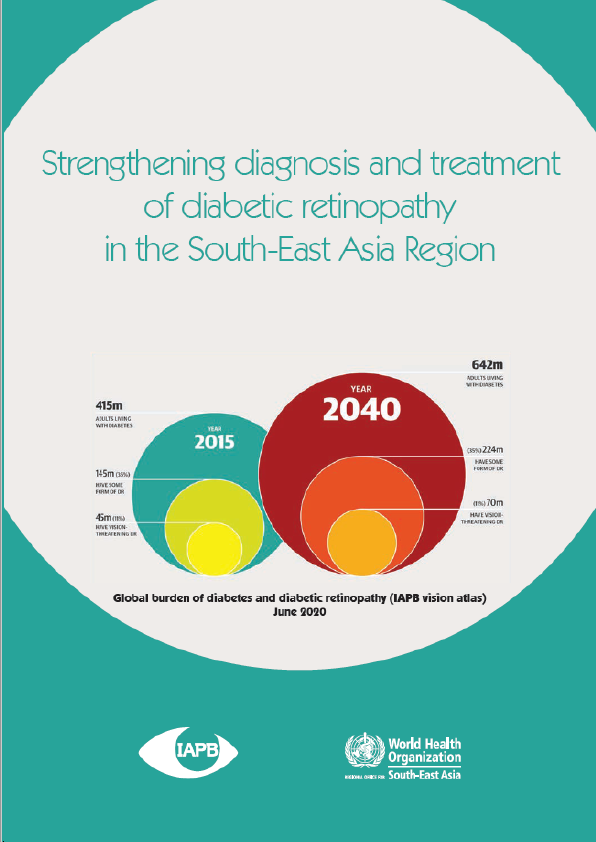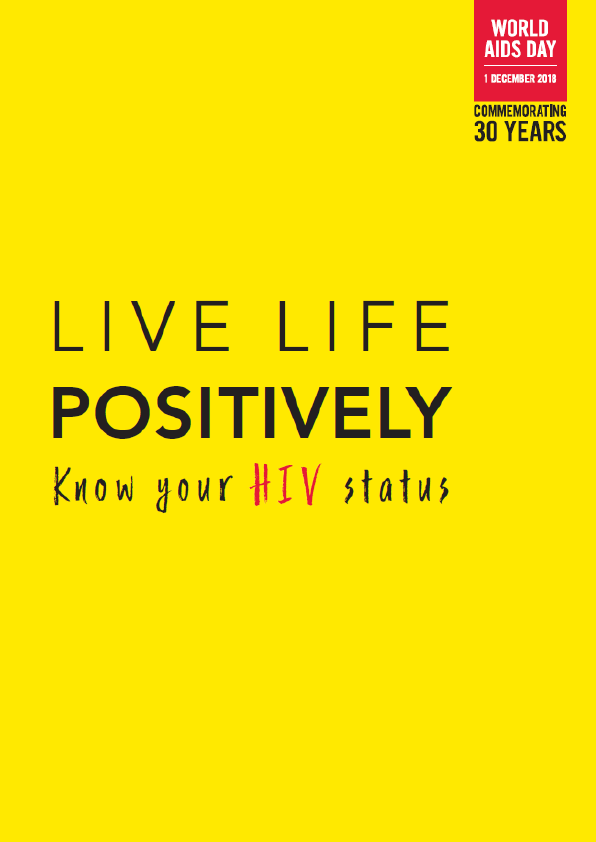All our lives have changed because of coronavirus
Coronavirus (sometimes called COVID-19) is very infectious which means it passes from person to person very easily. The government have asked us to stay at home and not meet up with people we don’t live with to help stop coronavirus spreading.
We have all had to make changes. You may be used to going out to cafes, visiting friends and family, having a job or volunteering, going to a social club.
But now we have all been asked to stay at home. These changes have been very sudden and have left many people feeling confused and worried. We may also be worried about our own health or the health of our friends and family.
This is part of a series of booklets for you to use, along with someone you live with, a family member, friend or worker. The booklets can help you with your feelings. Remember it is normal to feel sad, angry, anxious, or not be sleeping well. But it is important to talk about these feelings. It can be hard to talk but talking about how you feel can make you feel better. If you don’t live with your family, not seeing them can make you feel upset. You may not see your workers either. We cannot have visitors and we cannot go out to visit friends or family but there are lots of ways to keep in touch: texting, phone call, email, video calling.
If you live with someone or have family, friends or visiting workers, ask them to look at the booklets with you. If you live on your own you can ask someone to talk through the booklets with you on the phone or using a computer. Sometimes it is hard to say how you are feeling. The booklets have stories and questions to help you think about how you are feeling. They also have practical suggestions of how you can feel better!
Challenges
1. You may live with family. Tim lives with his sister, mum and dad. Tim likes living at home and loves his family. He is very worried about his mum and dad because they are older. He is finding his sister very annoying as she always wants to watch her programmes on the TV and won’t let him have a turn.
2. You may live in a shared house. Claire lives in a shared house with two housemates and staff and is very anxious. She cannot go to her usual day activities or to her mum’s house for tea. Claire likes to keep fit and is missing her gym classes.
3. You may live on your own. Louise lives on her own in a flat. She usually works at a supermarket which she enjoys. She likes chatting to her friends at break time. Because Louise has bad asthma she has been told not to work because of coronavirus. She now only sees staff when they visit three times a week. She is missing spending time with her friends and family and finding it hard to sleep. Tim, Claire and Louise are all facing different challenges. Tim isn’t able to go out as much as he wants and is getting frustrated with his family. Claire is not able to do her usual routines. Louise is unable to go to work and because she loves spending time with others, it has left her feeling lonely. No matter what our living situation we are all facing challenges. We can use the talking points in the following booklets to open up about our feelings, talk to someone we live with, or a visiting carer and try to work together. The advice in the booklets can help with how to deal with difficult feelings such as feeling down or feeling frustrated at not being able to go out. They can help with planning a routine, relaxation exercises, and sleep.











